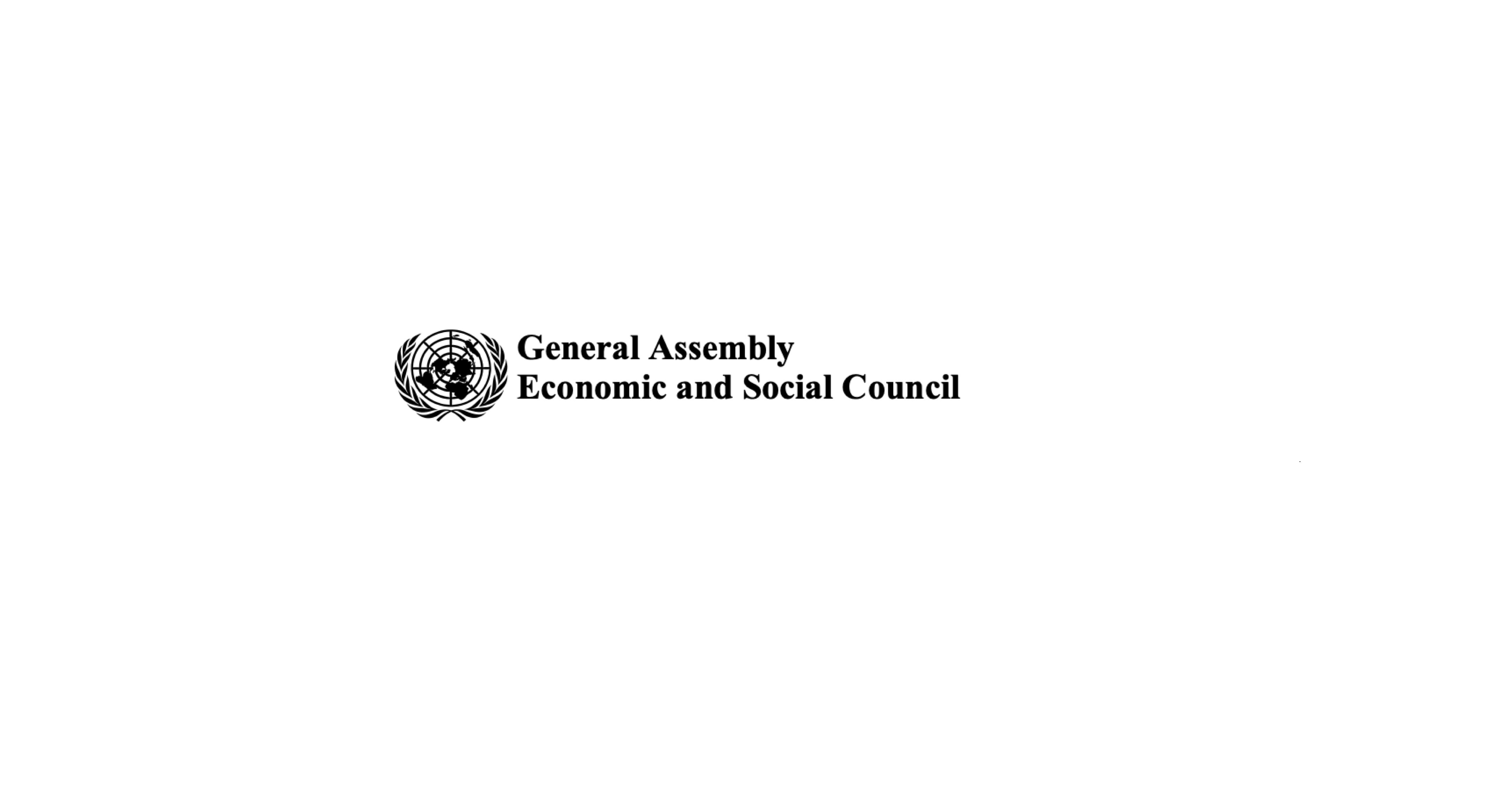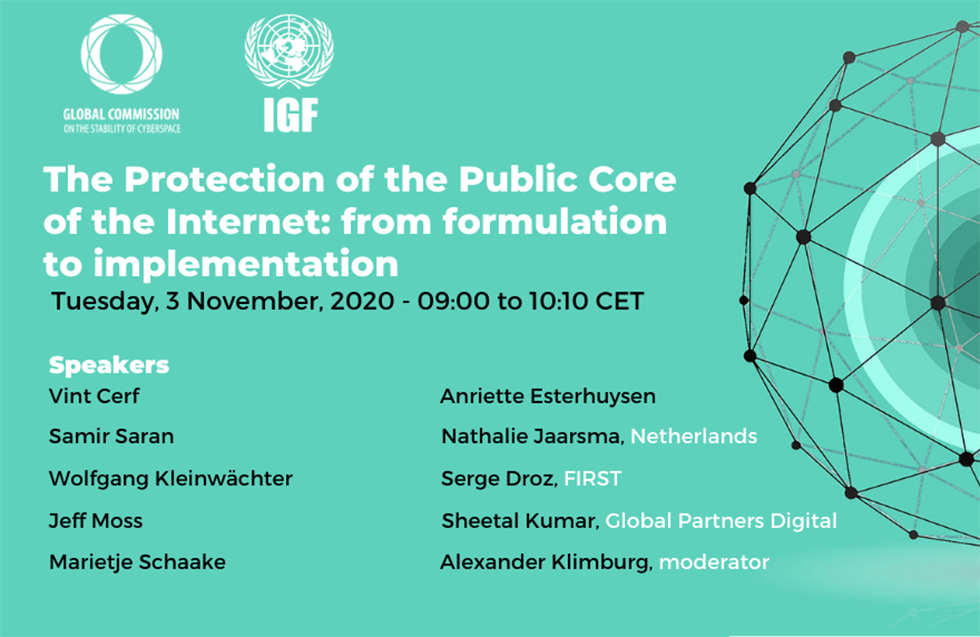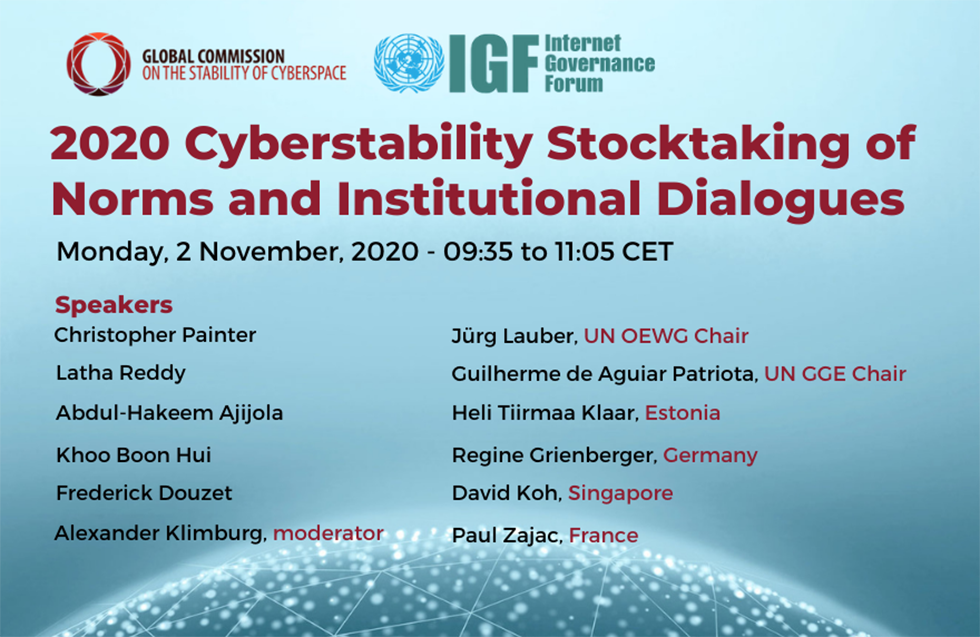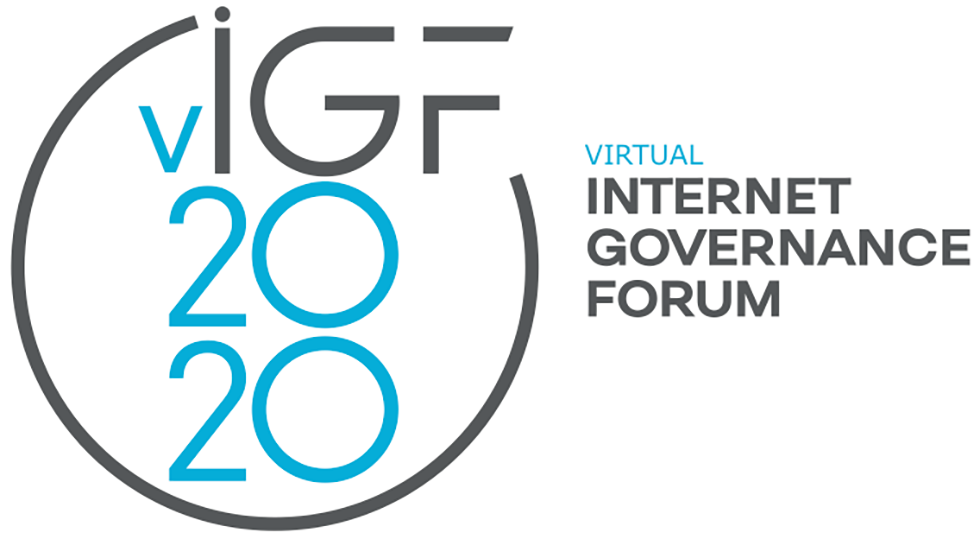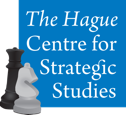In response to the UN General Assembly Economic and Social Council resolution 2006/46, the report of the United Nations Secretary-General, on the “Progress made in the implementation of and follow-up to the outcomes of the World Summit on the Information Society at the regional and international levels,” highlights the work of the Global Commission on the Stability of Cyberspace (GCSC) on norms of responsible behavior to reduce the risks to cyber stability.
The GCSC’s norms were included under the section on “Building confidence and security in the use of ICT,” within the context of “Implementation of action lines of UN entities” (page 11):
“The Global Commission on the Stability of Cyberspace issued norms aimed at reducing risks to the stability of the Internet environment.[86] The Paris Call for Trust and Security in Cyberspace, launched by the President of France at the IGF, contained a proposal for the multi-stakeholder development of international cybersecurity standards and practices.[87] It was signed by more than 50 Governments, together with businesses and civil society organizations.”
The Paris Call signifies an important step towards cyber stability as 547 like-minded states, companies and civil society organizations endorse 5 out of 8 GCSC norms, and made special reference to the norm to protect the public core of the Internet.
Furthermore, one of the distinctive features of the Global Commission is its emphasis on multi-stakeholder engagement on issues pertaining to international peace and security in cyberspace. Accordingly, the GCSC engages all relevant stakeholders in working towards a stable and peaceful digital domain. In similar vein, the UN Secretary-General repeatedly reiterated the pivotal importance of multi-stakeholder cooperation in this space. This is exemplified by one of the concluding paragraphs of the Report (page 22):
“144. Cooperation amongst actors in the digital space should kept pace with new technologies, reflecting diversity within stakeholder communities and drawing on multidisciplinary expertise, experience and ideas to strike the right policy balances, for example between privacy and security, and between innovation and sustainability. Non-traditional, multilateral and multi-stakeholder cooperation will be crucial, including between Governments, private sector, research centres and civil society. These issues have been considered by the High-level Panel on Digital Cooperation.”
The Report of the UN Secretary-General was requested in order to inform the UN Commission on Science and Technology for Development about the implementation of outcomes of the World Summit on the Information Society. The report highlights major activities undertaken by stakeholders in 2018. It was prepared by the secretariat of the United Nations Conference on Trade and Development, based on information provided by United Nations system entities, international organizations and other stakeholders.
More information about the norm to protect the Public Core of the Internet, Electoral Infrastructure, and the Singapore Norm Package is available via the hyperlinks or on the GCSC website www.cyberstability.org.
